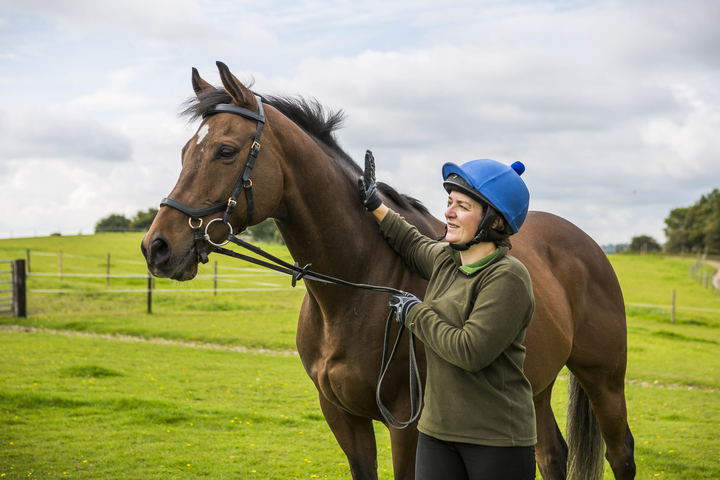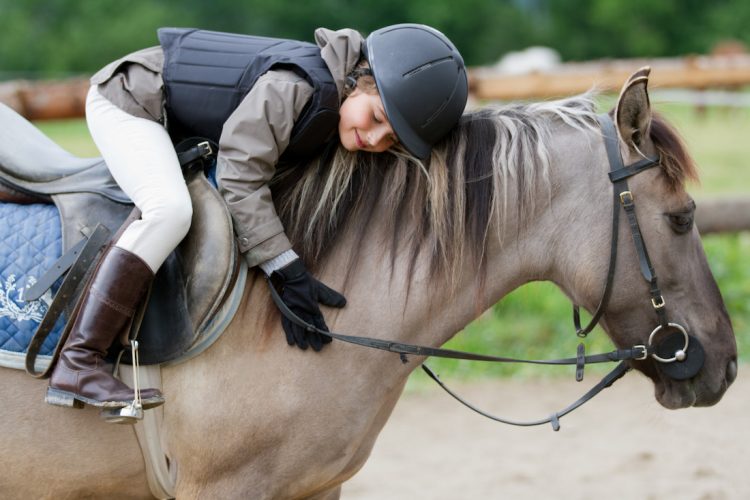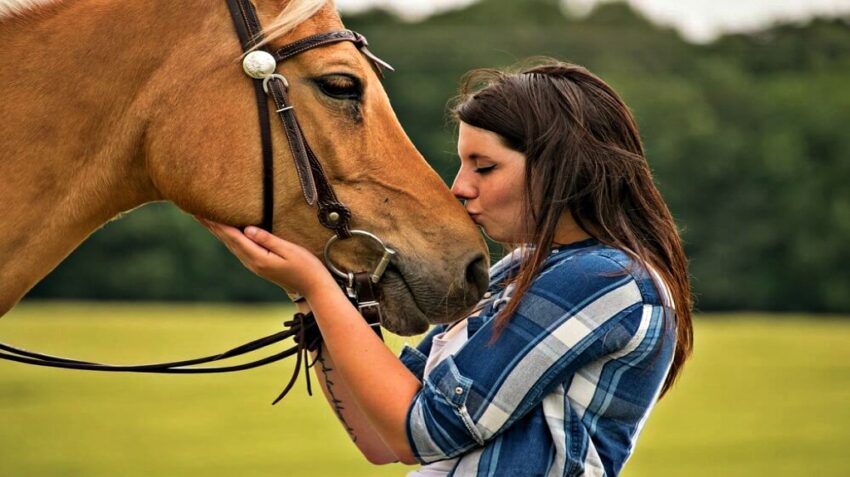New horse owners always face difficulty when they try to bond with their horses. Before you start the fascinating journey as a horse owner there are so many things you should learn and go through. It is a normal feeling to want to create a special bond with your horse and the start of a new and exciting relationship. There are a lot of times when horse owners just lack the right information on how to behave with their horses and don’t know what activities to try with them, that’s why we decided to show you some very interesting tips who will help you a lot, on understanding your horses’ need better.


Be Determined, Honest and Faithful
Horses have no difference from humans that’s why you should always be determined, fair and consistent. At all circumstances, you should be determined in your management. Communicate openly and persistently your expectations concerning your horse’s habits and behavior. Be fair with your horse and don’t assume that a horse is capable to do anything he is not trained or physically able to do. And remember to always be harmonious. For example, if you are gonna ask your horse to back up, but please do it in the same way, every time. Also feed him at the same time, use the same aids and leads each time you work with your horse. Horses are animals of practice and like predictability.


Don’t Just Show Up for “Work Times”
People always are in a hurry and struggle finding a balance between their work and their passion therefore it is not very easy to show up just for riding or driving. But if you are really passionate about something, you always find time. For example, you should at least aspire to find time just to visit them. Even the most plain things like hand grazing in a bit of dense grass they normally can’t get to, scratching bellies or necks and just hanging out together is a relaxing way to connect with your horse.


Give them treats once in a while
There are a lot of horse owners out there who are against feeding treats to their horses. I don’t agree with this concept because there is nothing wrong with treating your horse a delicious treat once in a while, as long as you are careful to pick out healthy treats. The solution to feeding the right treats is to be sure you are consistent in feeding your treats carefully.


Learn Their Body Language
Knowing your horse’s body language and forming your body language will help you interact better with your horse and create a closer relationship. Keep in mind that this has to be done with consistency because behaviours like “join up” or other things you have taught won’t be stable if your horse never knows what to expect next from you. Master the art of understanding what your horse is thinking by inspecting their facial expressions, ears, tail, and posture.


Grooming
Allogrooming is a typical behavior seen in horses. Allogrooming is when two horses nibble along each other’s crest and back, mutually ‘grooming’ and pricking each other (humans allogroom too, like when two girls do each other’s hair). Grooming your horse is a very enjoyable way to bond. Your horse will thank you if you can areas he can’t get to, like its chest, belly and between the legs.


Learn to respect your horse
Understand the simple fact that your horse has his specific needs and isnot a human or a big dog. While your horse may enjoy spending time with you, he will also need the fellowship of other horses. Horses don’t care about the same things as humans. They simply want a shelter from bad weather, good hayfield, water, company and guidance from someone they can trust.


Massage and Extra Amenities
Another interesting way to bond with your horse is by learning some of the basics of equine massage or other therapeutic methods. If your horse knows he can count on you for relaxation, he will appreciate time with you. Not only will your horse like it, but it may also improve his or her performance.


Experience Things Together
Try to do as many experiences as you can with your horse. You might here different racers claiming that their horse looked after them during a race, even though they didn’t feel at the top of their game. Their connection with their horse is developed based on mutual trust and sometimes in difficult situations.


